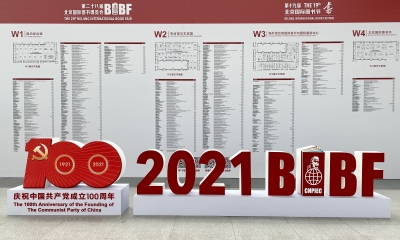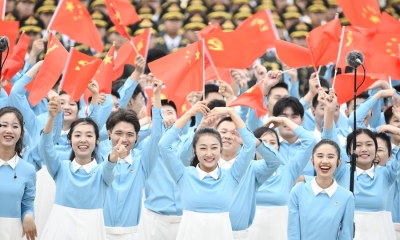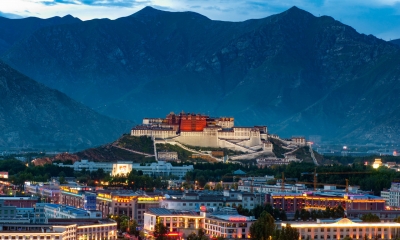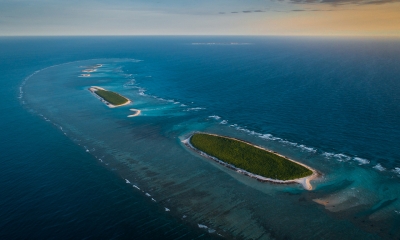COP26: Ignoring the Elephant in the Room
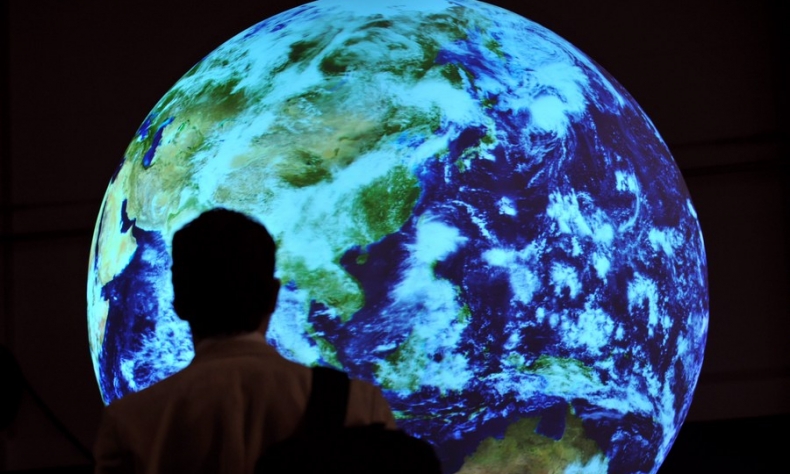
Climate change is a class issue. The over-consumption of a wealthy minority is fueling the climate crisis but it is poor communities and young people who are paying the price.
COP26 was billed as “humanity’s last chance to save the planet”. But, instead of providing the “transformative change” required, the Glasgow summit delivered only piecemeal change.
According to analysts at Climate Action Tracker, even with pledges to curb fossil fuel emissions and deforestation between now and 2030, the world will still be on track to warm by around 2.4 degrees Celsius this century.
Acknowledging the summit had fallen short of the mark, COP26 president Alok Sharma, said he was “deeply sorry” for how the gathering concluded. The British lawmaker proceeded to blame China and India for the summit’s failure.
“China and India are going to have to explain themselves to the most climate-vulnerable countries in the world,” he told the BBC.
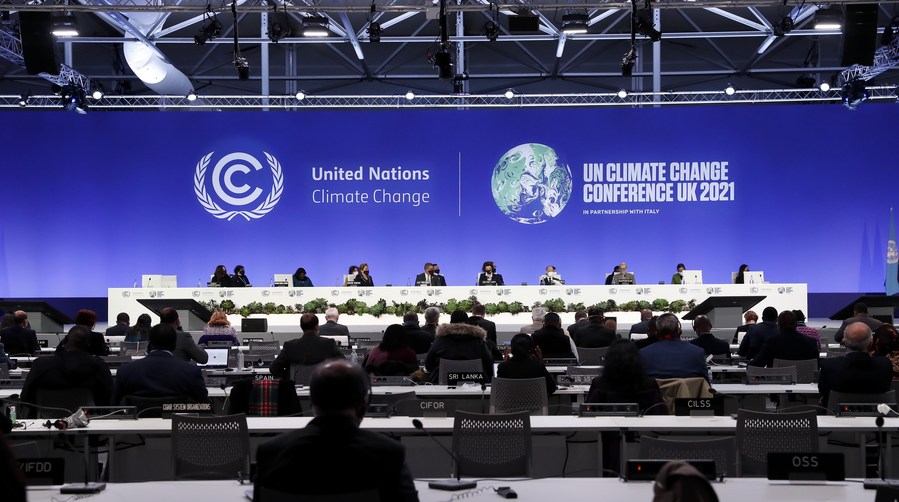
Scapegoating & greenwashing
Mr. Sharma was of course referring to the last-minute change in the agreement’s wording on coal.
Now, it goes without saying that it would have been preferable if the final agreement had read “phase out” rather than “phase down” coal. But, are we seriously meant to believe that the success or failure of the summit rested on this one change? As the Climate Action Tracker study showed, the world would have been on course to overshoot the Paris target with or without India’s intervention.
Attempting to blame developing nations for rising global temperatures is nothing short of historical revisionism. Wealthy developed nations are responsible for dumping most of the greenhouse gasses into the Earth’s atmosphere. And it is wealthy developed nations that have failed to provide the necessary assistance to the developing world.
Prime Minister of Fiji Frank Bainimarama raised this very issue during his address to the summit. “The developed nations are failing us,” he said. “They’re the ones with the resources and technology to make a difference and yet they have left potential for clean energy adaptation off the table by missing the $100 billion pledge two years running.”
Mia Mottley, Prime Minister of Barbados labeled the current climate trajectory as a “death sentence” for hers and other low-lying island nations. Two degrees Celsius of heating “is a death sentence for the people of Antigua and Barbuda, for the people of the Maldives, for the people of the Dominica and Fiji, for the people of Kenya and Mozambique, and yes, for the people of Samoa and Barbados,” she said.
To drive the point home, Simon Kofe, the foreign minister of Tuvalu, delivered his speech to COP26 standing knee-deep in the Pacific Ocean.
The general public is growing increasingly impatient with unmet pledges and political greenwashing. Outside the COP headquarters, one hundred thousand demonstrators marched for climate justice. Parallel protests were held across the UK and in over 1,400 locations around the world.
Mr. Sharma’s focus on India’s amendment then is a desperate ploy designed to deflect responsibility and channel the angry mob’s attention elsewhere.
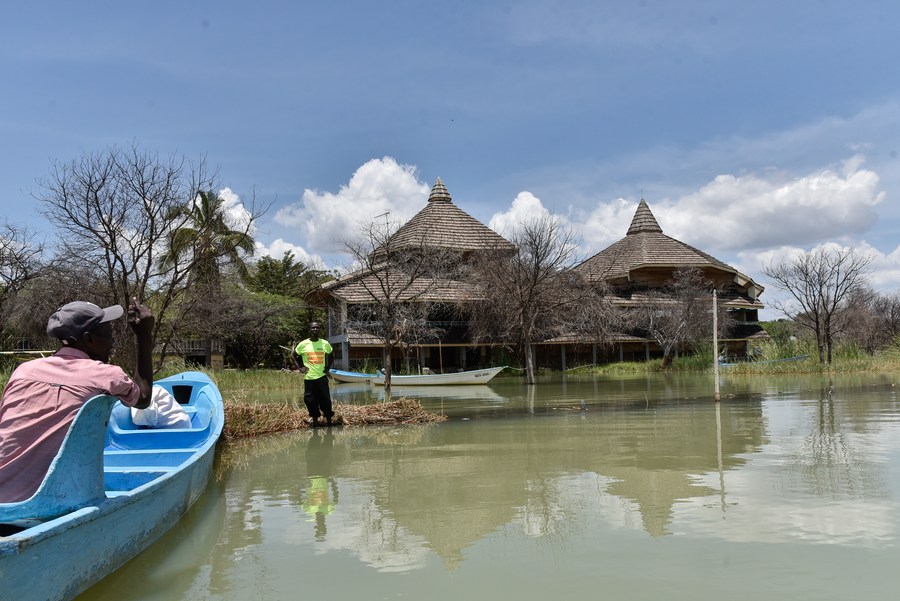
The elephant in the room
The summit did not fail because of the eleventh-hour amendment. COP26 failed because there wasn’t enough political will from wealthy countries to address the real roots of the problem.
According to an Oxfam study published during the summit, the richest one percent produce 15 percent of the world’s emissions—twice the combined impact of the poorest 50 percent. It calculated that the wealthiest one percent emits (on average) 30 times more carbon than the Paris agreement requires to keep the world from catastrophic warming.
The fight to keep 1.5°C alive then is not being hampered by most people on the planet but by the excessive consumption habits of the world’s super-rich.
“A tiny elite appears to have a free pass to pollute,” said Oxfam’s climate policy lead, Nafkote Dabi. “Their oversized emissions are fueling extreme weather around the world and jeopardizing the international goal of limiting global heating,” she said.
Put another way, climate change is a class issue. The over-consumption of a wealthy minority is fueling the climate crisis and yet it is poor communities and young people who are paying the price.
To have any hope of capping global heating to 1.5 degrees Celsius, it is necessary for governments to target measures at their richest, highest emitters. As Guardian columnist George Monbiot accurately noted, “It is not humanity as a whole that the planet cannot afford. It’s the ultra-rich.”
The article reflects the views of the author and not necessarily those of China Focus.
 Facebook
Facebook
 Twitter
Twitter
 Linkedin
Linkedin
 Google +
Google +




